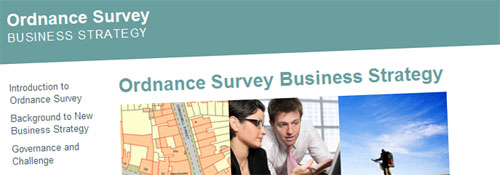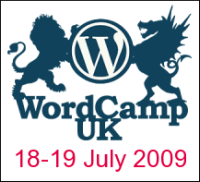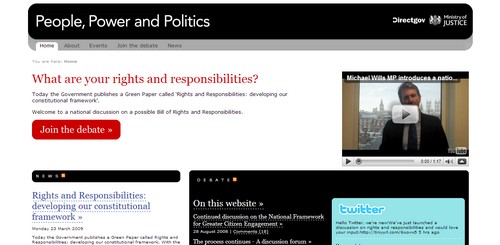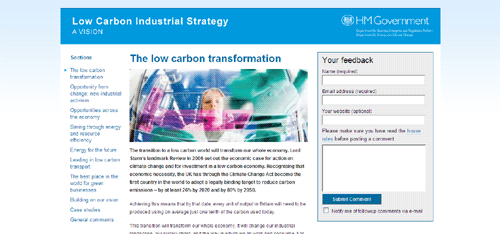A couple of interesting developments in online political campaigning in the last few days.
LabourHome has finally had its long-needed rebuild and refresh – moving, hurrah!, to WordPress. But by the look of it, and I could be wrong on this, it’s running on normal WordPress, rather than MU (multi user). You’d have thought it would be an ideal candidate for MU, giving each user their own proper, customisable blog (plus the option to extend to a full-on social network via BuddyPress). Instead, it’s a single group blog, with a particularly large group of authors. It’ll be interesting to see how far it scales.
Visually it’s satisfactory, if a little modest in its ambitions, with familiar/predictable fonts and screen furniture. Functionally though, it seems like a dramatic improvement on what went before, with a much greater sense of order to it all. (Particular credit due for importing so much backdated content, including comments even.) It seems to be a much better site for the move already; and as Alex Hilton seems to be hinting, it gives them a platform that’ll be much easier to extend.
 I’m also intrigued by something Libertas have put together: a ‘make your own ad‘ function. They’ve got a handful of templates, with space for you to put a personalised message, or upload a picture; the resulting advert is generated in Flash, for inclusion in their (highly visible, although not yet obviously effective) online push:
I’m also intrigued by something Libertas have put together: a ‘make your own ad‘ function. They’ve got a handful of templates, with space for you to put a personalised message, or upload a picture; the resulting advert is generated in Flash, for inclusion in their (highly visible, although not yet obviously effective) online push:
Libertas is a new political party that seeks to put the people of Europe back in charge of the EU. In that spirit, we’re asking you to help spread the word by creating your very own ad for Libertas. We’ll then run it across the internet, along with thousands of others. It’s dead easy. And it’s a first.
It’s not without its issues and limitations: there must be a risk of abuse of the service, and I wonder what the implications are as regards election legislation. Plus, frankly, the templates are a bit rubbish. But it’s a very interesting concept nonetheless; a logical ‘next step’ from the many unofficial Obama-inspired websites like obamicon. One for the bigger parties to consider?


 Tickets have just gone on sale for this year’s
Tickets have just gone on sale for this year’s 

